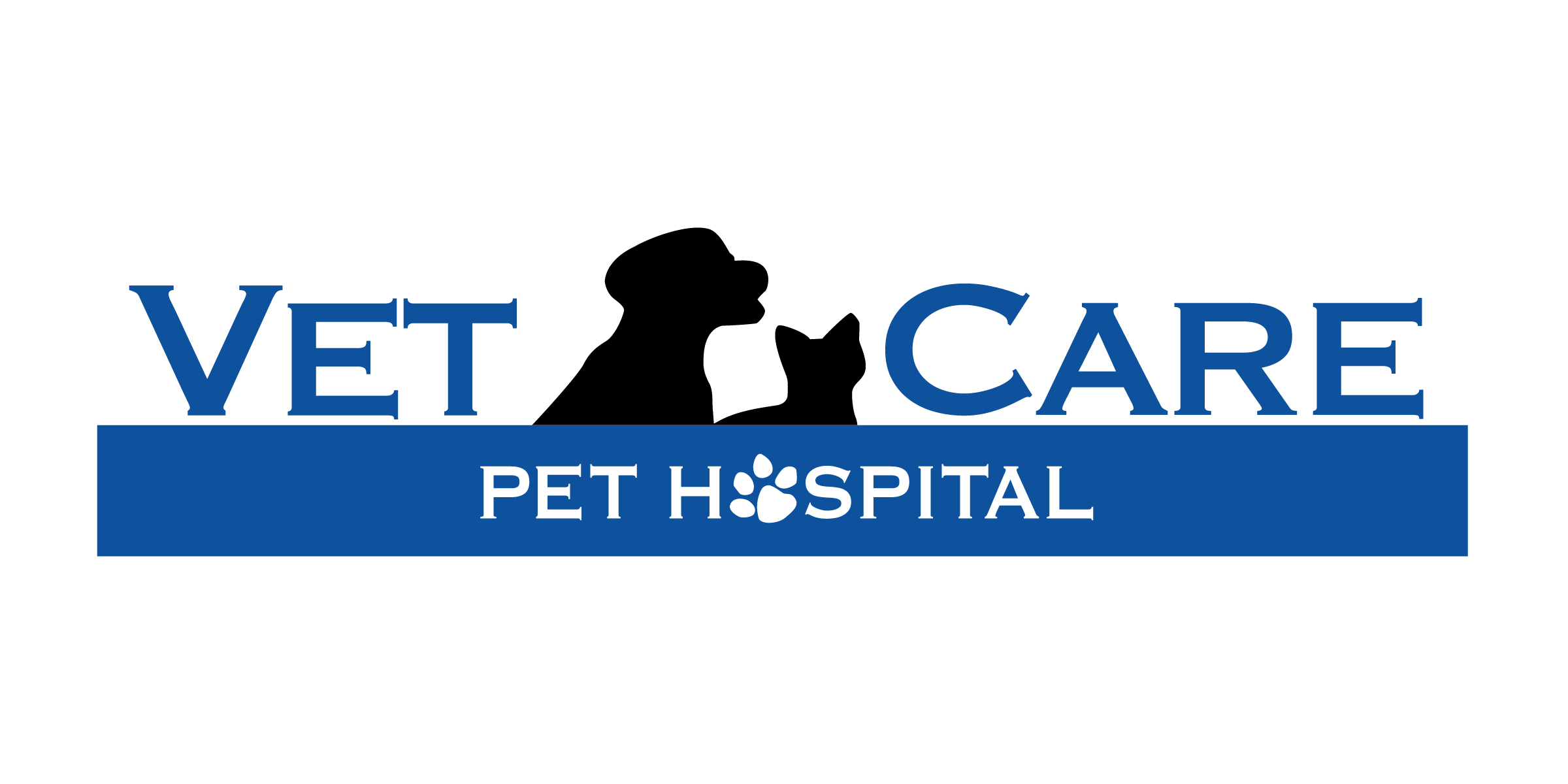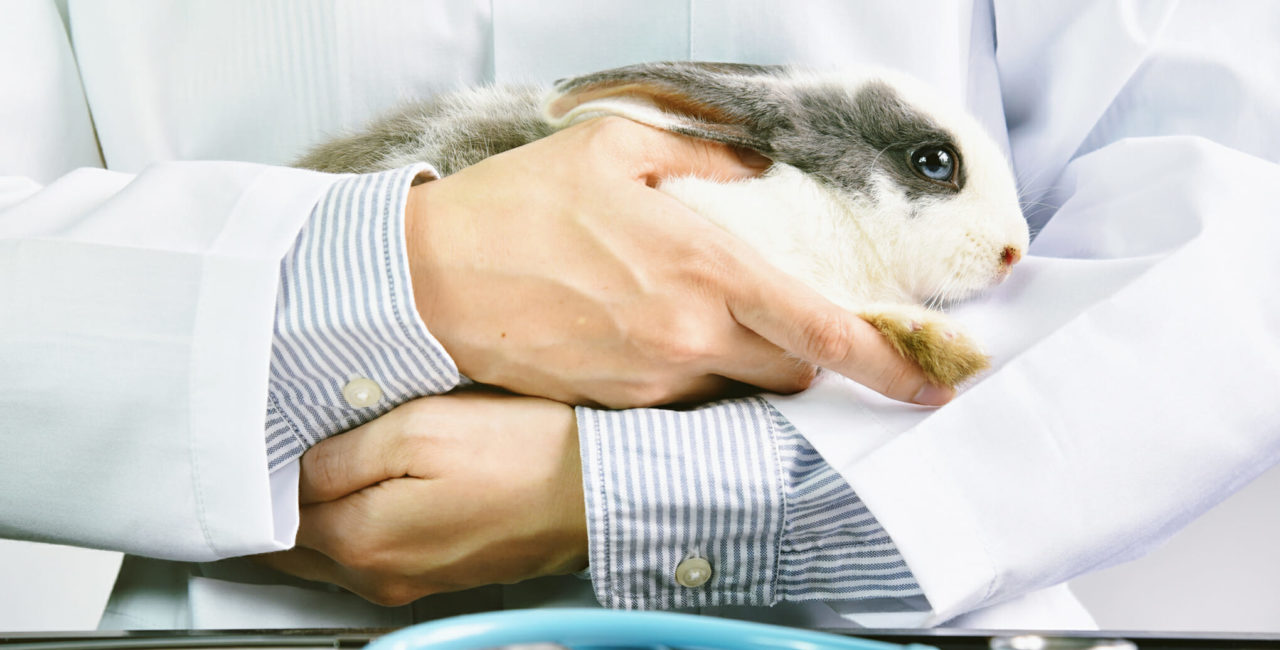When people think about owning exotic pets, they often overlook the importance of bringing in the animal for annual health exams – the same as any dog or cat would get each year. Having a general health exam is the first step in preventing any health issues that may come along throughout your pet’s life, and many people do not realize the different problems that exotic pets can develop. Today I will be focusing on rabbits, and some of the separate area veterinarians look at when examining them.
A major health issue that develops in rabbits is with their teeth. Rabbits have what are called aradicular hypsodont teeth, which means that they continuously grow throughout their lives. Because of this, they require an unlimited supply of hay to graze on throughout the day in order to grind down their teeth naturally. When rabbits are fed an improper diet, their teeth can grow to long and can actually cause an abscess to form. They may also require their teeth to be trimmed to the proper length. That is why a good oral exam each year is needed to ensure your rabbit is getting enough ware on all of their teeth.
Rabbits are also prone to obesity if they aren’t fed a well-balanced diet, which is another reason why annual health exams are so important! Your veterinarian can discuss with you the different types of pellets available, and give you a suggested feeding amount based on the breed and lifestyle of your rabbit. Their diets should only be composed of 20% pellets, 2% treats, 8% vegetables and 70% fresh hay with unlimited water.
When it comes to the big C word, uterine cancer is the most common type seen in all rabbits. Research has shown that 80% of intact female rabbits will develop uterine cancer by the age of 3. The best and only way of preventing this is to spay your rabbit. It can be done as early as four months old, but most veterinarians recommend to wait until at least six months of age where anesthetic risk is greatly reduced. This conversation is something to talk about at your first annual health exam with your bunny.
Another common condition rabbits can develop a head tilt. Although it may look cute, it is usually caused by a painful inner ear infection, which your veterinarian will be able to diagnose at the time of your visit. Some rabbit breeds with lopped ears are more prone to getting ear infections as the ear is pointed downward and it is easier to collect dirt and bacteria without having as much air for it to breath. At your health exam, your veterinarian will look inside your bunny’s ears with an otoscope and make sure everything looks nice and healthy in there.
In conclusion, the above problems are just a few examples of areas a rabbit can develop an illness, and by having them seen by a vet, you not only are getting problems fixed, but you are also preventing other ones from even occurring in the first place. Just because a rabbit may not meow or bark, is not a reason they shouldn’t have a check-up as your cat or dog should! Prevention is always the best medicine.
Written by: Brooklyn McCaie, RVT




